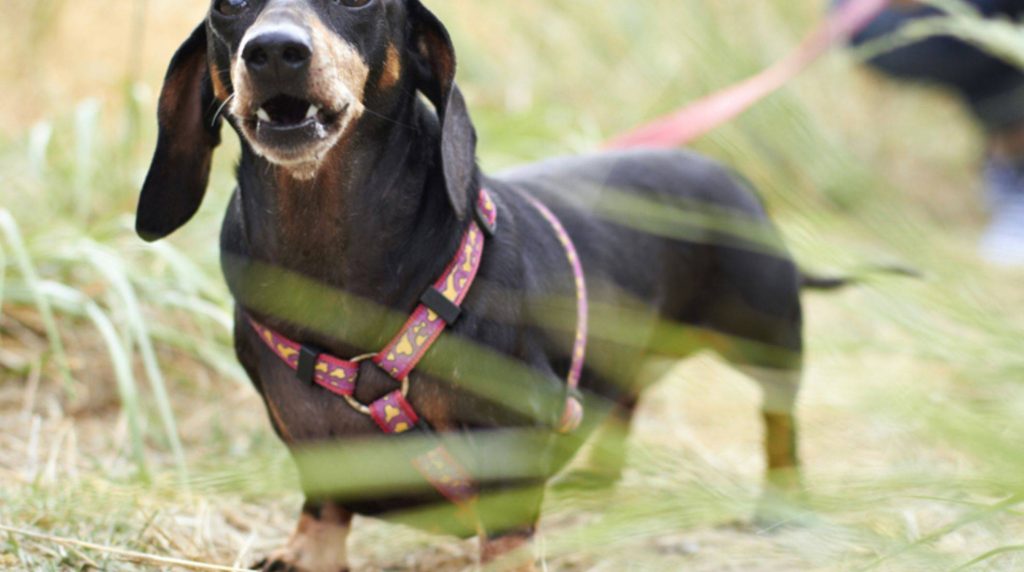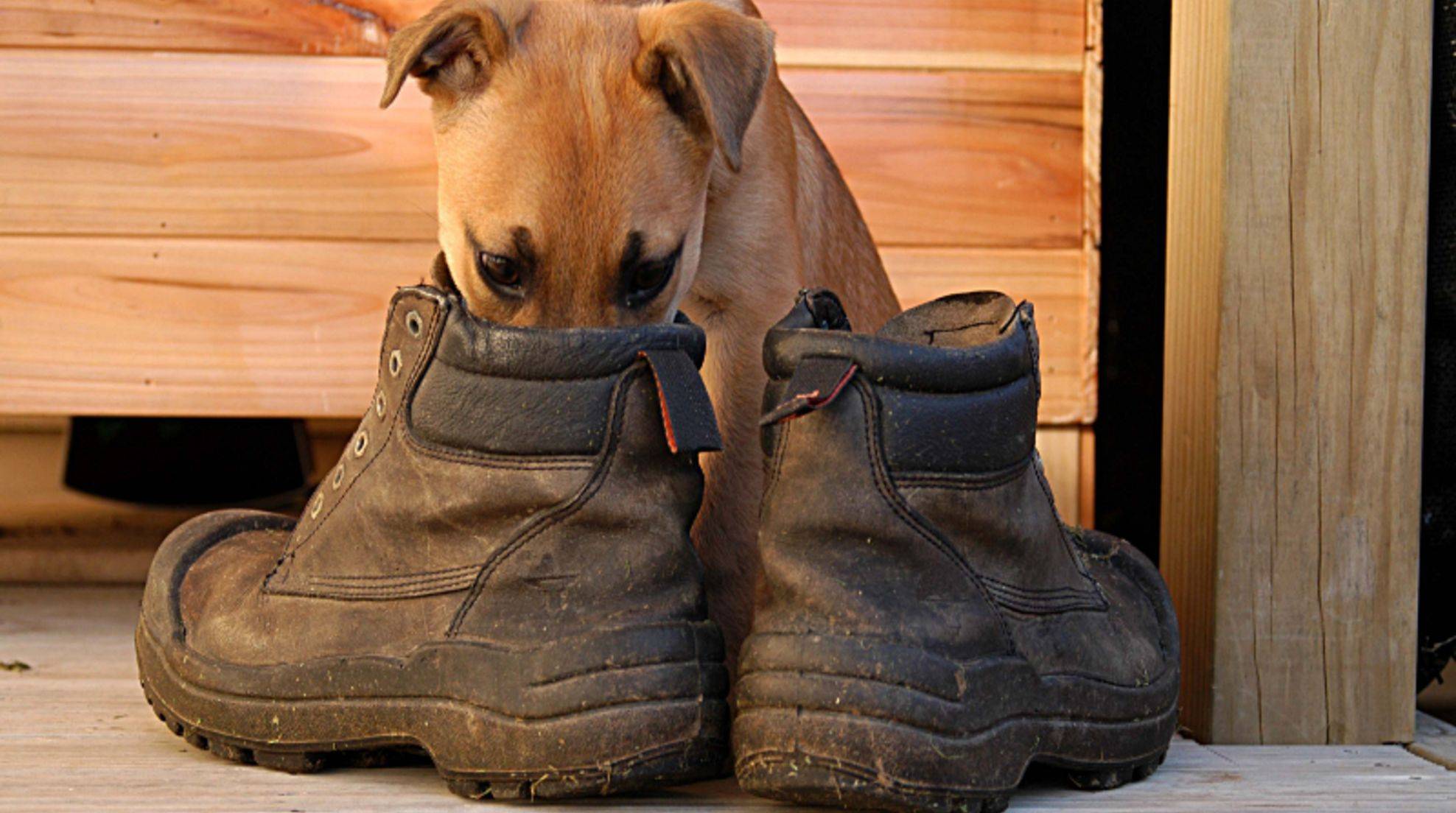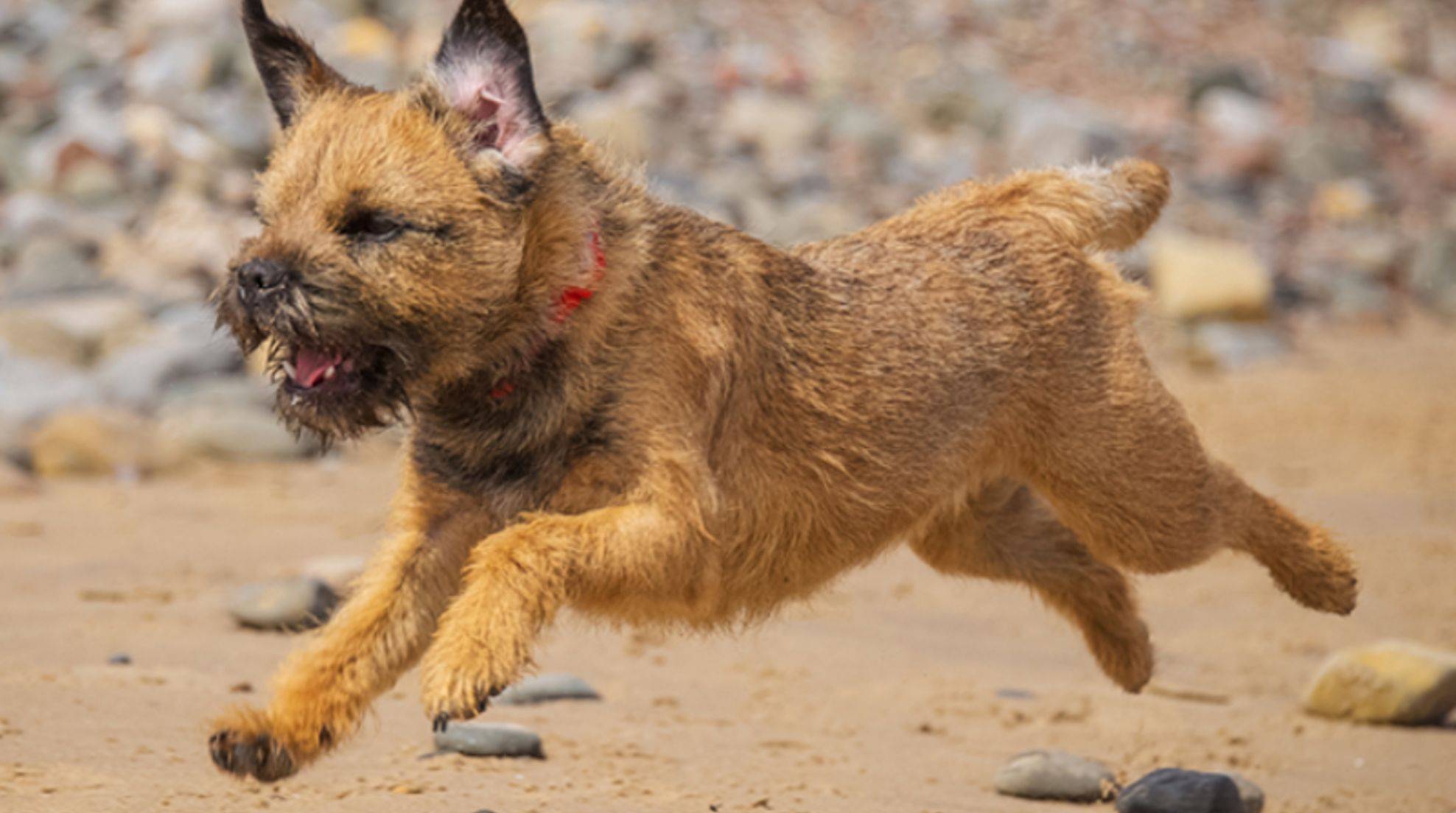Dog barks at other dogs: What can you do?
If your dog barks at every encounter with other four-legged friends, it can be pretty exhausting. If you know the causes of this behavior, you can wean your pet off this behavior with patience, calmness, and aplomb.
Constant barking in dogs can have many reasons, but barking always shows that your pet is not feeling well. Fear can quickly turn into aggression, and physical discomfort can also put the dog in a state of tension that leads to barking at every little thing.
Why does a dog bark when meeting conspecifics?
Barking is genuinely not the preferred way of communication of dogs. When a dog barks at a conspecific, he usually sees no other way to express himself. Much more important than the voice between dogs is the body language. Especially when walking on a leash, the four-legged friends are sometimes very limited in their possibilities because they can not move freely and sniff each other. Uncertainty, fear, and aggression are often the result, and then the only thing left for your furry friend to do is bark at you. He does not know what else to do.
Training tip: Give your dog security
Practice the encounter with his conspecifics with your dog – of course only in suitable, safe places. Such exercises not only make sense if you already have a barking problem but can prevent your dog from developing such behavior in the first place. If the animal is sovereign in dealing with conspecifics, barking happens much less often, even on the leash.
If your companion on four paws still feels the need to express his discomfort during the next walk loudly, you should remain calm in any case. This also means that scolding is not a solution. Your pet will then think you are also yapping and feel that this is the correct behavior. In addition, scolding offers no guidance for action. Bello then knows what not to do but has no idea what you want him to do instead and is all the more unsettled. So show alternative behaviors, such as calmly walking past the other dogs.
Training tip: Reward good behavior
In the short term, you may avoid encounters with conspecifics, but you need a solution that will change the dog’s behavior in a long time. Positive reinforcement is much more helpful than punishment in this regard and should always be done during the desired behavior, not after. One option is “feeding nicely,” which means giving a treat during the encounter with other dogs.
By eating, the barking is stopped in a tasty way. In this way, encounters with other dogs get a pleasant component, and your dog increasingly associates a nice feeling with such meetings. Food tubes or chewing sticks are particularly suitable for this, as chewing and sucking have an additional relaxing effect. The right timing is critical with rewards. Otherwise, you may reinforce the very behavior you want to get rid of.








